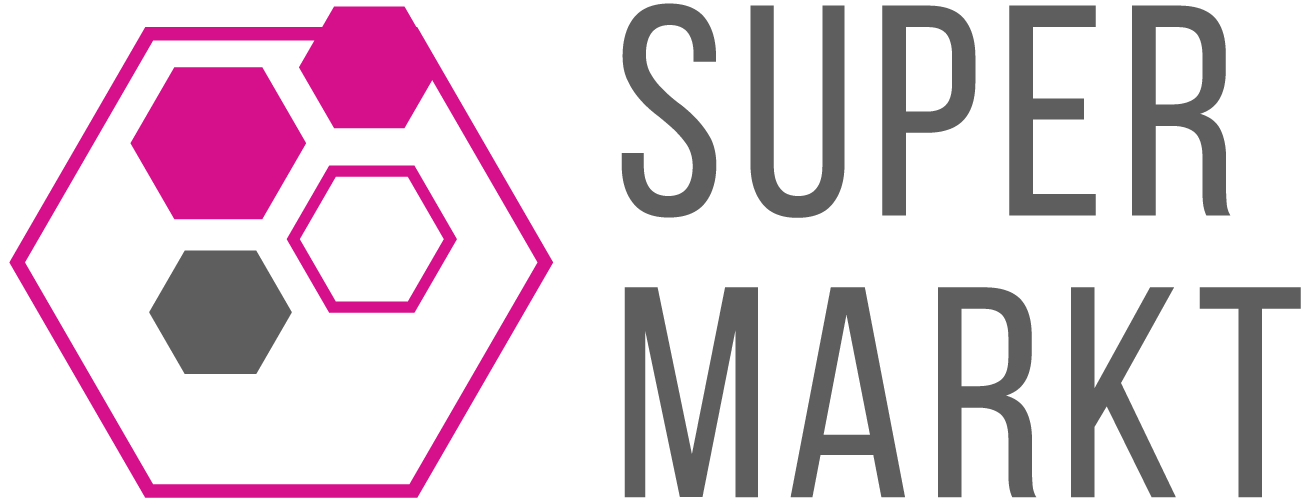While the Supermarkt-team is working on collaborative learning models since its very beginnings, we are happy to constantly finding new partners who develop their own approaches to learning in the digital age. Today, Sascha Bardua, initiator of the project “The Mosaic Bus” is presenting his new Medium article series to the SUPERMARKT community:
Learning has always been an essential driver for social and economic development and gets even more important in a world of information with blurry borders of globalization.
To facilitate this enormous opportunity to make learning the key driver to solve today’s and future social challenges, we will take a closer look to those three main challenges in the digital age in this article series:
- Have a better and shared understanding of on-going change processes and their impact on our lives. (Article part 1)
- Experiment with and evaluate practical methods of learning to make use of technological progress and scientific insights. (Part 2, August 2017)
- Support, connect and catalyse educational ideas, projects and initiatives. (Part 3, September 2017)
Join the discussion
This three-part Medium series is constructed to catalyze exchange and further reflection within existing communities. As a cooperative project with The Mosaic Bus and Supermarkt Berlin, we invite you to join and contribute to our online discussion:
- Share your thoughts and add more ideas in the comment section.
- Be critical and provide feedback, and help us define where we should focus on and ultimately what projects The Mosaic Bus will initiate.
- Spread the word and be a super-connector, adding other existing initiatives to the conversation or add your own project ideas. We want to support each other!
So, what is learning in the digital age?
To answer this question, we need to look at the eras of industrial revolution.
- the age of mechanical production (steam engine, 1784)
- the age of mass production (assembly line, electricity, diversion of labour, around 1870) and
- the age of information technology (automation, collaborative behaviour, mobility, movement for freedom and equality, 1969).
Today, we’re looking at rapid change and progress, accelerated by cyber-connectivity, including technologies like artificial intelligence, the Interne of Things and data-driven workflows. We experience a shift towards non-hierarchical collaboration, strongly expressed in Holocracy. For our current generation, purpose and having social impact are key drivers, changing how we find and define careers and identities (e.g. multiple careers, global citizenship, …).
This has an immense impact on learning, as we are required to be more self-organized while facing a vast amount of possibilities for our personal and professional lives (which seem to merge, consider work-life-balance). Learning is not restricted to educational institutions anymore. Learning happens at any given time in your life in a combination of formal education and experience-based learning in your social context (family, friends, traveling, career, …).
Life-Long learning becomes the main mindset to keep up with social change.
The Mosaic Bus is a social impact adventure based in Europe. We transform a double-decker bus into a mobile action platform and makerspace. We support people who believe in solving the challenges in the digital age through learning.
Please continue to part 1 of this article “Mindsets and Skills in the Digital Age” here: https://medium.com/@saschabardua/mindsets-and-skills-in-the-digital-age-9c9cb2de51ea
Image credit: https://pixabay.com/en/adult-asia-boys-the-business-1807515/

